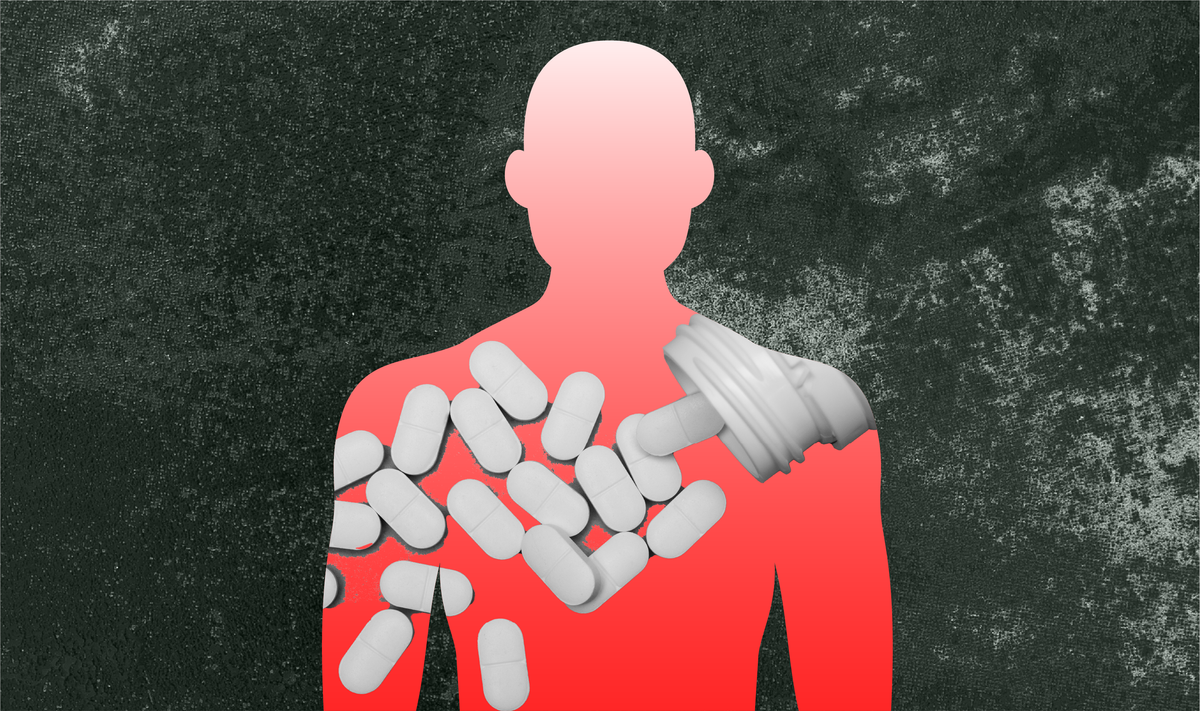Online conversations stress the importance of fentanyl test strips
Plus, articles about an HIV outbreak in Maine sparked false claims about syringe services programs.

Plus, articles about an HIV outbreak in Maine sparked false claims about syringe services programs.
This past week, a social media post warning about fentanyl-laced cocaine allegedly circulating in New Orleans prompted conversation about where to access fentanyl test strips and how to correctly use them. Other posts responded to HIV cases in Maine that may be linked to intravenous drug use, with some falsely blaming syringe services programs for infectious disease outbreaks.
In response, communicators may recirculate information about fentanyl test strips and naloxone, explain how SSPs prevent the spread of infectious diseases, and share information about HIV testing and prevention.

Insights brought to you by the reporters and science writers of Public Good News (PGN), a nonprofit newsroom dedicated to improving community health.
What’s trending nationally in conversations about opioids
On March 23, a Reddit user shared a post in a New Orleans subreddit warning that fentanyl-laced cocaine is allegedly circulating in the city and shared a photo of a fentanyl test strip, which may have a faint positive line. The post received approximately 630 upvotes and 160 comments as of March 26. Several commenters shared where people can access fentanyl test strips and naloxone in New Orleans. Some questioned whether the photo actually showed a positive fentanyl test strip and wondered if the original poster had used the test strip correctly.
Maine news outlets recently reported that Penobscot County has seen 22 new cases of HIV since October 2023, with most cases occurring in Bangor. All cases were in people who reported injecting drugs within one year of their diagnosis. The Maine Center for Disease Control and Prevention plans to prevent further spread by increasing testing and offering syringe services and pre-exposure prophylaxis (PrEP), a daily medication that helps protect against HIV. Articles about the HIV outbreak were shared on Facebook and Reddit, where many commenters disparaged syringe services programs. Some falsely claimed that SSPs cause outbreaks of infectious disease and alleged that they “enable” drug use.

Recommendations brought to you by the health communication experts behind Infodemiology.com.
Recommendations for public health professionals
Each week, the Infodemiology.com team will provide messaging recommendations in response to some of the trending narratives outlined above. These helpful tips can be used when creating content, updating web and FAQ pages, and developing strategy for messaging about opioids.
In response to conversations about fentanyl test strips, communicators may explain that they help people determine whether their drugs contain fentanyl—a potent opioid linked to many overdose deaths—and make educated decisions about drug use. Fentanyl test strips can be purchased online and may be available for free through local harm reduction programs. However, they may be considered “drug paraphernalia” and are not legal in all states. Ensuring that messaging is up to date with local drug checking equipment laws is recommended. Additional messaging may explain how to use fentanyl test strips and emphasize that testing the entire batch is the only way to know for sure if a drug contains fentanyl. Communicators may also want to outline the signs of an opioid overdose and highlight other resources, like naloxone.
Given persistent false claims about SSPs, communicators may explain that these programs provide a wide range of services, including infectious disease testing and treatment, vaccinations, and referrals to care. SSPs have been shown to reduce the spread of infectious diseases like HIV and hepatitis C in the communities they serve.
Target populations may also benefit from general information about HIV testing and prevention. Messaging may explain that nearly one in seven people in the U.S. living with HIV don’t know they have the virus, so getting tested regularly is important, especially for people who use intravenous drugs or have unprotected sex. You can request an HIV test from a health care provider or get tested at a health clinic like Planned Parenthood. The CDC’s GetTested resource helps people find local health centers that test for HIV. Communicators may also want to explain ways to help protect against HIV, such as avoiding sharing injection equipment, using safer sex barriers like condoms, and taking PrEP.
